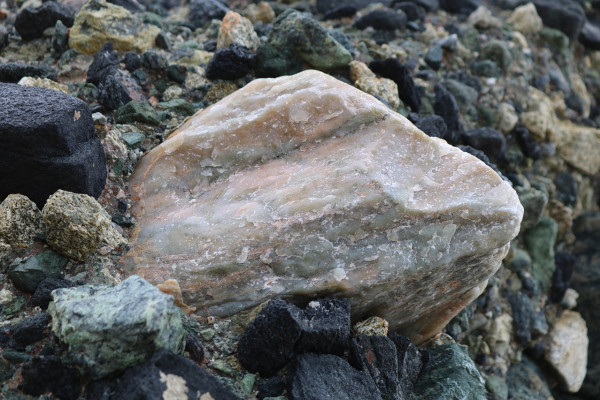This new AI oriented approach to fossil identification will improve accuracy...
Interviews with Scientists
Interviews about medicine, science, technology and engineering with scientists and researchers internationally...
We look into why your central nervous system won't regenerate and how it might be possible to make it do so.
Up in the air: why flight drove evolution of insect olfaction
The Hawaiian bobtail squid and V. fischeri bacteria use a chemical conversation to establish a close working...
Male flies rub chemicals called TAGs onto female flies during mating to make them less attractive to other males.
Single mutations in three genes can increase the ability of E. coli to survive ionizing radiation by a factor of 1000.
Scientists achieve the biological equivalents of climbing Mt. Everest. They’ve created a synthetic fully functional...
Researchers have discovered the pheromone equivalent of an anti-aphrodisiac...
The minerals that make up our bones consist largely of a shock-absorbing citrate-rich goo...
We enter the world of physics to explore spin and antimatter...
Humans have handedness, but is the same true for chemistry? Can chemicals tell their right from their left?
We find out about asymmetry in nature. Do other species have handedness? Is it genetic? Is it true that left handers...
This week sees the launch of a new 43 Million pound supercomputer called ARCHER. But what will it be used for?
We visited Mira, the fifth-fastest supercomputer in the world at the Argonne National Laboratory in Chicago
Coding is being introduced into classrooms but will that mean more people studying it in higher education?
2014 has been declared to be the Year of Code, but why has coding, and getting kids into computer science become so...
We visit a bunch of fledgling coders at an after school coding club called 'The Park Street Hacker Elite'
This week a team of astronomers announced that they had detected evidence of primordial gravitational waves. We met one...
We uncover decision making in OCD, the teenage brain and how Kings Cross relates to our thinking networks...
Professor Trevor Robbins, has just been announced as one of the winners of the Grete Lundbeck Brain Prize for 2014.
Could genetic tests help diagnose people who are at risk of developing psychiatric conditions and catch them before...
Harriet went to one of the biggests events at the Cambridge Science Festival, run by Chaos, to check out some of...
Where you live and work, and how many take-away restaurants are nearby, can affect your waste-line as well as your...
Sharing a name with the cute but havoc-wreaking creatures in the classic 80s film, Gremlin was first discovered in frog...
